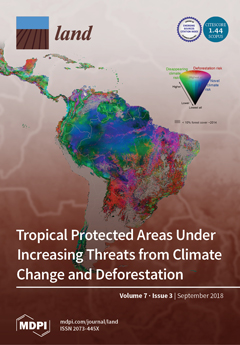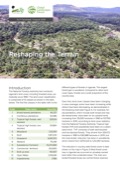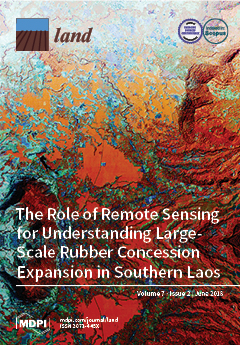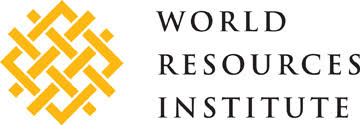An Overview of the Impacts of Land Use Land Cover Changes (1980–2014) on Urban Water Security of Kolkata
Urban Water Security is essential in urban planning to manage cities’ water infrastructures and strengthen their water stress resilience and adaptive capacities. Decision making, governance and socio-economic factors play important roles in achieving Urban Water Security. Kolkata is a growing megacity in a developing country, which is facing rising pressures on water-environmental provisions due to the rapid population growth and urbanization and resultant governance and infrastructural issues. This review focusses on Kolkata, which is facing critical water issues, as a case study.








